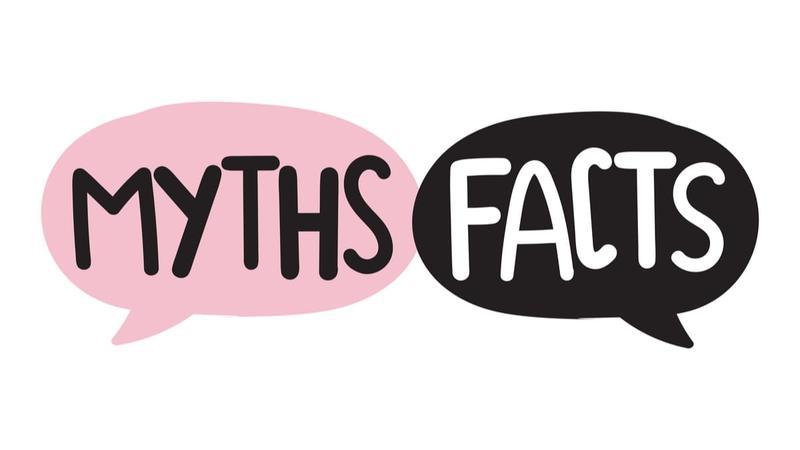Winter is the time of year when slippery roads, poor visibility and snow on the ground can all combine to make for dangerous conditions, and an increased chance of an accident. When it comes to being properly insured for winter, there are a few myths floating around that are important to dispel. Get the truth so that you can be properly covered this winter.
Myth: Your insurance rates won’t go up if road conditions are to blame for an accident.
Many people think they won’t face if a rate increase if slippery roads or other road conditions are to blame for the ticket or accident they get. The truth is that you are required to adjust your speed and stopping distance to account for road conditions, and you will still be held responsible for whatever happens as a result of your actions on the road. Ontario’s Fault Determination Rules do not allow any changes to the rules of fault for road conditions. And the rules will be followed no matter what the road conditions are.
While you may find a police officer is lenient and chooses not to give you a ticket when road conditions are to blame, if there is an accident fault will be determined and if you are at fault, your rates will go up regardless of the roads.
Myth: You don’t need insurance on a vehicle not being driven during the winter.
Many people choose to cancel their car insurance for the winter months on vehicles such as motorcycles or convertibles that they don’t plan to driver during the winter. While it’s true that you don’t need liability insurance if the vehicle is not being used, you still may want to have an insurance policy on every vehicle you own.
First of all, without an insurance policy you will have no coverage if that vehicle is stolen or damaged even while parked in your garage. If there is a fire in your home and your motorcycle is destroyed, for example, there is little to no coverage for it under a home insurance policy. You need to keep your insurance on the vehicle in place. Most insurance companies make allowances in the premium for the fact that certain vehicles won’t be driven in winter, so you really aren’t saving any money by cancelling. You will also wind up paying fees to start back up again. It’s best to keep the policy in place. Some companies offer a comprehensive-only "in storage" policy that is very affordable and ensure the policy stays in force.
Myth: There’s nothing you can do to lower rates in the winter.
Some insurance companies offer a discount to people who put winter tires on their car during the cold months. You may need to provide proof to the insurance company of your purchase of the tires, and they may not offer the discount automatically; you need to ask your insurance company about it and make sure to provide the proof.
You can also lower your car insurance quotes and rates by shopping around for a new car insurance rate. Winter is a great time to check up on your policy and make sure you have all the coverage you need. While you are reviewing your policy, take the time to get a few new quotes. You might be able to get better coverage while still paying less than you pay right now. That will give you more peace of mind during the more dangerous months of driving ahead.
Myth: Winter weather-related damage to my car is always covered.
You will only have coverage for weather-related damage to your car if you are carrying comprehensive coverage on your policy. Comprehensive can be simply defined as any damage that results from something other than an accident. Damage to your car from winter weather related sources is covered under comprehensive, but you must have that on your policy to get the benefits.
Liability-only policies do not have coverage to your car for damage that results from anything weather related. Even if you have comprehensive, remember that you may need to pay a deductible in order to use the coverage, and that it may not cover everything. Check with your insurance company for exclusions.
Driving safe in the winter should be very driver’s top priority. Insurance is there for those times with the weather gets the better of us. Make sure you know how your insurance works in the winter and that you have all of the coverage you need for the right protection all winter long.
